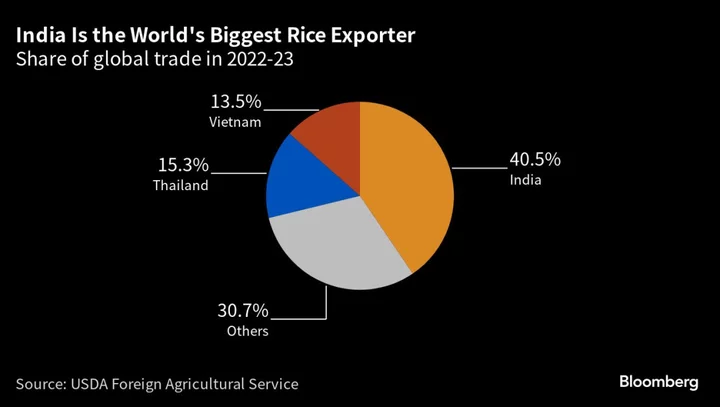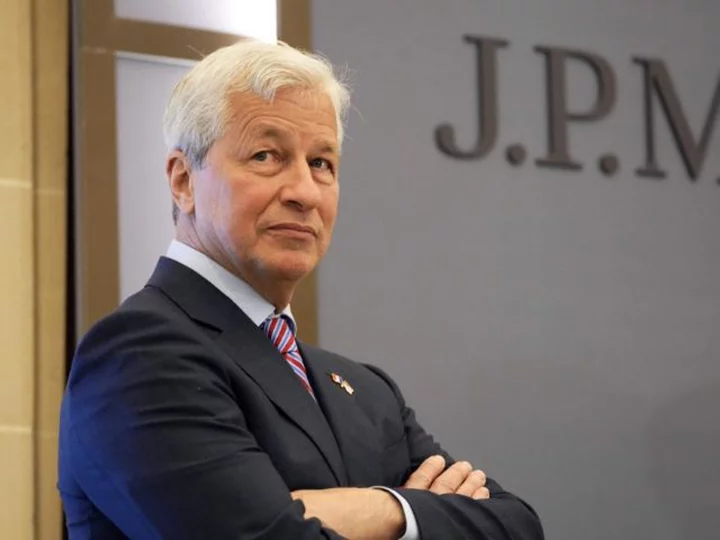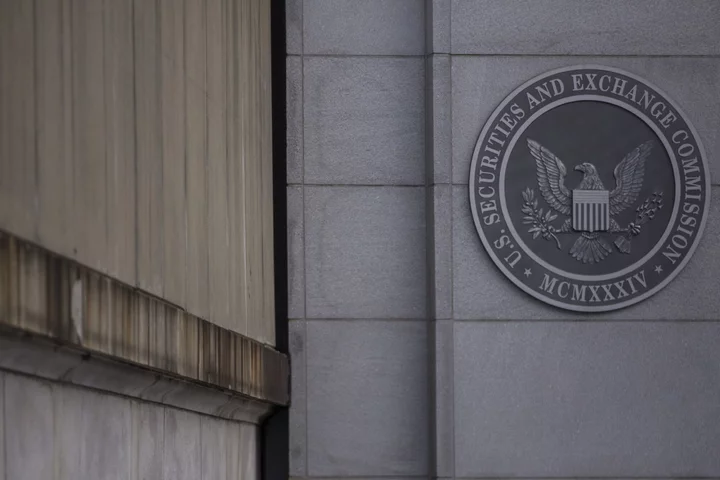Agriculture stocks are beating their global peers this quarter as extreme weather, the war in Ukraine and rising protectionism drive up food prices. Exposure to the sector is a good hedge for inflation, some investors say.
An index tracking total returns from select agricultural producers has outperformed the broader MCSI World Index by about three percentage points since the start of July, data compiled by Bloomberg show. The industry has outperformed as a gauge of food commodity prices posted its biggest gain in 16 months last month.
Some exposure is advised to food stocks, similar to what is usually given to oil sector, as a form of insurance, said Marc Elliott, energy transition investment specialist at Union Bancaire Privee in Geneva. “Investing in agricultural names is perhaps a good way to hedge against climate change and certain geopolitical risks.”
Among the drivers for higher food prices were heavy rains in Europe and China, unusually dry weather in Thailand, Russia’s decision to scrap its grain accord with Ukraine, and India’s move to ban some rice exports.
There are plenty of reasons to think prices will keep climbing. A food-supply crisis is one of the top four threats facing the world this year, according to the World Economic Forum’s Global Risks Report 2023 published in January.
“With weather patterns becoming more volatile our view is that food prices will continue to rise at a faster pace than in previous decades,” said Peter Garnry, head of equity strategy at Saxo Bank AS in Copenhagen. The outlook remains positive for the industry, and even acquisitions will accelerate, he said.
Machinery, Fertilizers
Among the key beneficiaries of food inflation will be companies producing farming inputs such as equipment and fertilizers, according to Lombard Odier Investment Managers.
The farmer has been a winner of soft commodity inflation and is eager to upgrade equipment, said Conor Walsh, a fund manager for new food systems at Lombard Odier in London. “Companies like Deere & Co., AGCO Corp. and CNH Industrial have all been well positioned in this environment.”
Longer-term trends are also working in favor of the industry, he said.
“With the world’s population set to reach 10 billion by 2050, we need to find a way to meet this increased demand in a sustainable way. Equity markets are beginning to see early signs of growth in areas designed to produce food more efficiently and sustainably.”
Food Producers
BNP Paribas Asset Management says it favors stocks related to food production and trading as they have so far done a good job of passing on inflation to their customers.
Specifically, producers in Asia “should benefit from higher raw material prices,” said Minyue Liu, an investment specialist for Asian and Greater China equities at BNP Paribas Asset in Hong Kong.
At the same time, investors should also be aware that governments may step in to control prices, while food inflation may curb volume growth and exports may be restricted, she said.
India, the world’s largest rice exporter, banned the export of several varieties of the staple in July to protect domestic supplies. That has pushed up prices of the commodity outside the country and stoked global food-market tensions. Traders are concerned sugar will be the next to face export restrictions.
Some of the food-trading stocks that may benefit from higher prices include Australia’s GrainCorp Ltd., Singapore-listed Wilmar International Ltd., and India’s Shree Renuka Sugars Ltd. and rice producer KRBL Ltd.
Supermarkets
Other firms set to profit from food inflation may be supermarkets and discount retailers, according to Janus Henderson Investors.
“Trading down has been a feature as the shopper has to make their limited budget go further,” said Stephen Payne, a fund manager at the money manager in London. Supermarkets, private-label makers and discount retailers “make higher margins on own-label than branded sales,” he said.
Janus Henderson holds shares in London-listed B&M European Value Retail SA and UK meat supplier Cranswick Plc to benefit from the trend of consumer shifting to lower-priced products, he said.
Discount-store chains such as Turkey’s BIM Birlesik Magazalar AS, Russia’s Magnit PJSC and Portugal’s Jeronimo Martins SGPS SA have all gained more than 15% this year to rank among the best performers in an index of food retailers compiled by Bloomberg Intelligence.
Read More: Discount Retailers Remain Strong, Bloomberg Intelligence Says
Pepsi, Hostess
Some of the world’s biggest food and beverage producers may also be able to beat their peers in the new world of food inflation, according to JPMorgan Chase & Co.
“Food insecurity is the ‘new normal’ with climate change and biodiversity loss pointing to recurring crises and structurally higher food inflation,” strategists at the bank including Joyce Chang in New York wrote in a research note this month.
JPMorgan has overweight ratings on PepsiCo Inc., Hostess Brands Inc. and Mondelez International Inc. on its view the companies “can adapt sustainable growth revenues at a faster pace than the industry average,” according to the note.
--With assistance from Pratik Parija and Siddhartha Singh.









